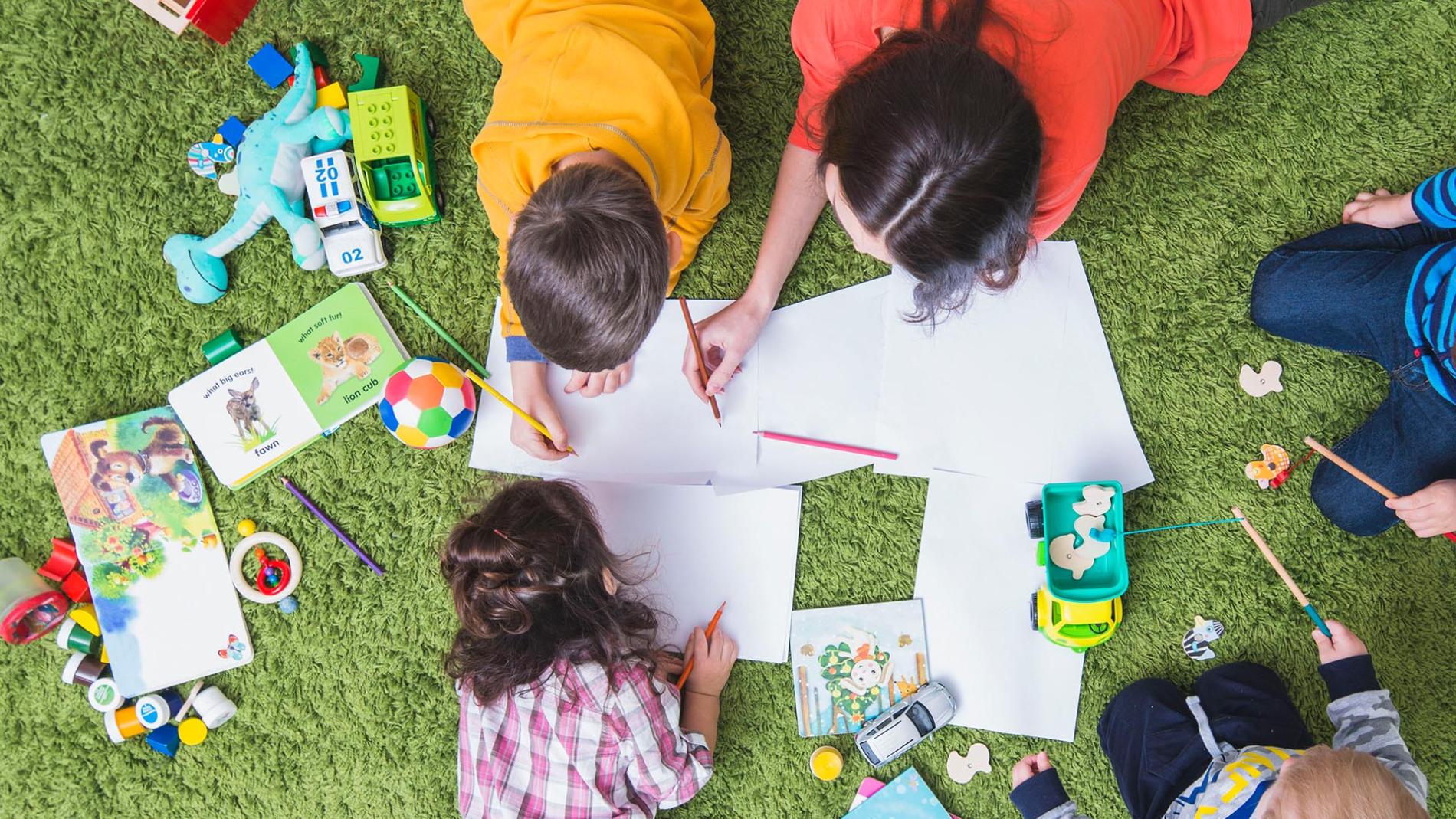Conversely, however, the sorts of intensive, expansive, and critical thinking-infused reflective worldview that emerges from sound, creative, progressive early childhood education—such as is provided by the many highly trained and experienced instructors teaching in the Early Childhood Education (ECED) Concentration at Springfield College—is not the sort of perspective that tends to emerge organically simply through working in the field. Perhaps, as you read this, you are beginning to sketch out the framework of the tension that exists between the two categories of practitioners to whom I allude to here, namely the seasoned but untrained in contract to the trained but unseasoned. Perhaps, too, you have—as have I—encountered situations in which these two cultures have come quite directly into some level of conflict. I have seen this play out in one-to-one interpersonal contexts as well as in challenges across the entire learning environment of a preschool or a daycare center, in which individuals representing each of the two approaches seek to work well side by side, always holding the best interests of the children involved as the central goal. In spite of that shared—and almost always very clearly articulated goal—the working relationships can be complicated at best, fraught and adversarial at worst.
May I suggest that a middle ground can be a marvelous and attainable solution to this conundrum? And may I add that our ECED Concentration students exemplify this optimal negotiated view?
In my eight-plus years of teaching for the program at the Vermont regional campus of Springfield College, I have seen hundreds of instances of our students personifying the best of both of these worlds that I have (somewhat artificially, admittedly) outlined above. While these fine students have come from virtually every conceivable point across the gamut of representatives of the field, in terms of age, ethnicity, socioeconomic status, political persuasion, family type, gender identification, etc., they hold in common the attribute that they are actively, intentionally, and emphatically seeking to bridge the perceived divide between the seasoned professional and the deeply, broadly educated practitioner. They keep close as an overarching goal the attainment of becoming the quintessential educator, informed by their day-to-day, year-by-year teaching as well as inspired by the wisdom shared by their teachers and their colleagues in the college classrooms of their program, online or on-campus.

